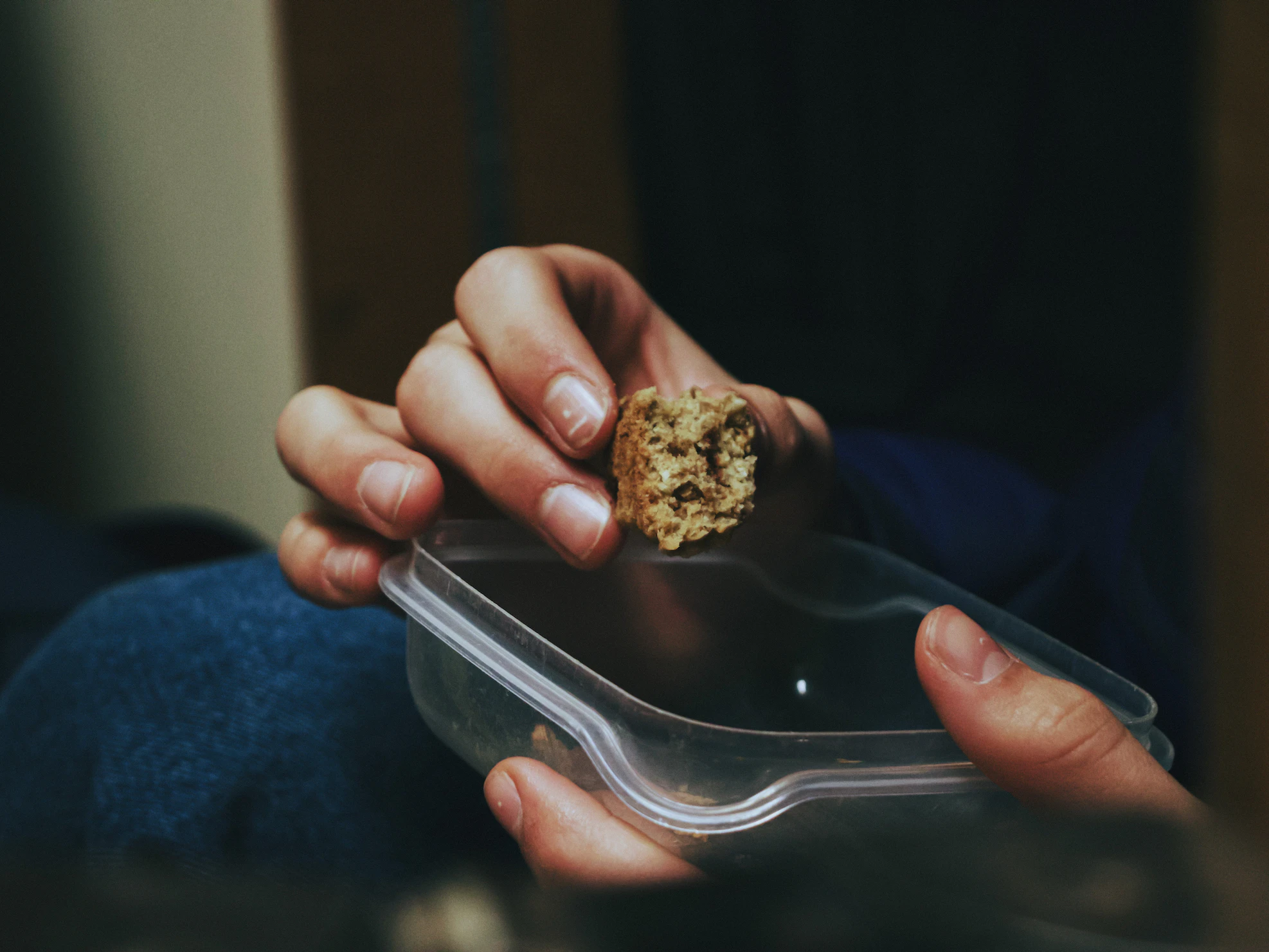Why is Dinner The Least Important Meal of The Day?

With the growing popularity of intermittent fasting, people are increasingly realizing that one shouldn’t eat all the time and that fasting is actually beneficial for health and longevity. Intermittent fasting suggests that we eat all our meals within a limited window of 8 hours and fast for 16 hours, leaving us with two options: to either skip breakfast or dinner. Conveniently, most people choose to give up on breakfast and have a small lunch and a big dinner at the end of the day. Unfortunately, this is where most people go wrong.
The ancient science of Ayurveda recognized the advantages of fasting long before it became trendy but approached it more logically and less systematically. Instead of following a rigid number of hours one should fast or feast, Ayurveda gives more importance to factors such as WHEN to eat, WHAT to eat, and HOW to eat your food for optimal digestion and overall well-being.
When is the proper time to eat?
Only when hungry, never when bored. Apart from this simple but crucial rule, Ayurveda recommends timing the meals according to the strength of Agni, the digestive fire. The stomach produces the highest concentration of acids when the sun is at its peak and slows down its production as the sun begins to set. Following this logic, Ayurveda recommends eating only between dawn and noon – eating the largest meal at around noontime, and having a very small portion of food, if any, for dinner. Unfortunately, due to our busy work schedules, we are now going against our physiological intelligence by incorrectly timing our meals. Most of us tend to skip lunch or have a small bite on the go when our Agni is at its prime, and we gulp down significant portions of food right before bedtime. Such an eating pattern is problematic for two reasons:
1. Eating when the production of stomach juices is insufficient causes bloating, gas, heartburn, and indigestion. This happens due to the body’s inability to break down and assimilate food effectively; therefore, Ama, or toxic buildup, accumulates in the system.
2. Eating close to bedtime compromises sleep quality and impairs the body’s ability to repair and recover. This, in turn, directly affects our physical and mental health and may lead to hormonal imbalances, weight fluctuations, and emotional instability.
What to eat or avoid at certain meals?
Breakfast should be warm, spiced, and with enough moisture since our digestive fire is still building up. Cooked oats with cinnamon, stewed apples with walnuts, a warm cup of Nourish Milk, eggs, and sautéed vegetables are all good options. Avoid anything cold such as raw fruit, fruit juice, yogurt, or a smoothie, and anything heavy and sugary, like a croissant.
Lunch should be the biggest meal of the day, and it’s your opportunity to indulge if you wish to do so. Your digestive fire is robust at noontime; therefore, one might get away with an unhealthy bite.
Dinner is the most sensitive meal of the day. Post sunset, when the digestive capacity reduces, wrong food choices can seriously sabotage your digestion, sleep, weight, and overall health. Ayurveda warns that even the healthiest foods can cause indigestion if eaten at the wrong hours over time. Here are some of the foods that you should avoid at dinnertime:
– Raw vegetables are cold and very heavy to digest. Replace your dinner salad with a plate of steamed or grilled vegetables or vegetable soup.
– Yogurt can be perfectly healthy, but that doesn’t mean it should be consumed anytime. Ayurveda deems yogurt a strict no after sunset due to its heavy and mucus-forming nature, which can block the system and lead to coughing, sinus issues, fever, asthma, and weight gain.
– Fruits are among the healthiest foods to eat, but not for dinner! Cold fruits (ex., pears), mucus-forming fruits (ex., banana), citrus fruit (ex., orange), and watery fruits (ex., watermelon) should strictly be avoided post-sunset. Fruit is best consumed before 5 pm, but if you wish to eat it for dinner, opt for heating fruit such as mangoes, pineapple, papaya, raisins, and dates, or cooked fruit with warm spices, like this stewed apples recipe. Fruit juices are cooler and devoid of fiber, which makes them even worse than eating whole fruit.
– Heavy food doesn’t necessarily mean junk food or takeaway. These include anything creamy, rich, greasy, cheesy, or meaty, homecooked or not. If you want to indulge, lunchtime is the right time to do so.
How to eat your food?
Avoid overeating! Whether it is healthy or unhealthy food, overeating is troublesome, especially post-sunset. Exceeding the stomach’s capacity causes fat cells to become larger and more inflamed. Fasting between meals is essential, and snacking is a bad habit you should get rid of. Eat a light breakfast, big lunch, and a small portion for dinner if you are really hungry; otherwise, skip it.
